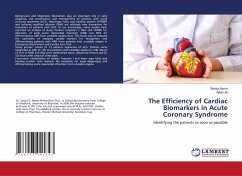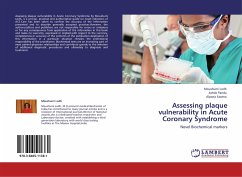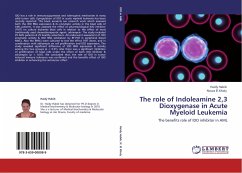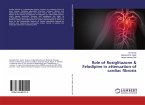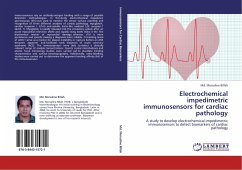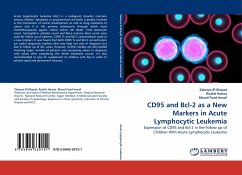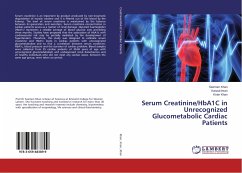Background and Objectives: Biomarkers play an important role in early diagnosis, risk stratification and management of patients with acute coronary syndrome (ACS). Heart-type fatty acid binding protein (H-FABP) and ischemia modified albumin (IMA) are relatively new biomarkers for evaluation of patients with ACS. To our knowledge, many studies have reported an analysis of study markers (troponin I, IMA and HFABP) for detection of early acute myocardial infarction (AMI) but little for differentiating AMI from unstable angina (UA). This study was to evaluate the usefulness of studying cardiac markers for recognition and differentiating patients with AMI from patients with unstable angina in Emergency Department and Cardiac Care Unit.Study groups: consist of 73 patients suspected of ACS. Patients were diagnosed as AMI (n=45) and patients with unstable angina (n=28). Serum of cTnI, H-FABP and IMA were determined twice: (30minute-4 hour) and (6-12) hours after onset of chest pain.Conclusion: combination of cardiac Troponin I and heart type fatty acid binding protein tests improve the sensitivity for early diagnosing and differentiating acute myocardial infarction from unstable angina.
Bitte wählen Sie Ihr Anliegen aus.
Rechnungen
Retourenschein anfordern
Bestellstatus
Storno

